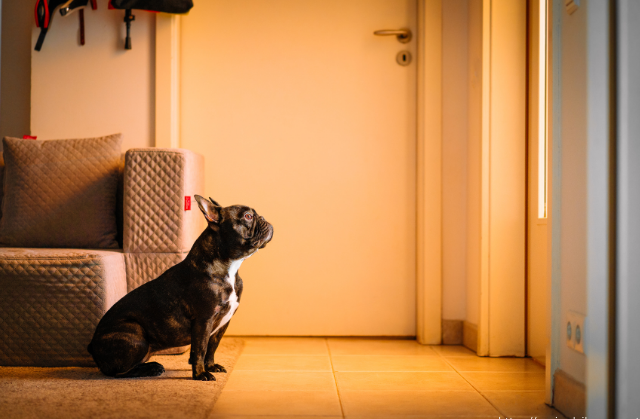
Do Pets Understand Time? Why They Seem to Know When You’re Coming Home
Many pet owners have experienced the uncanny ability of their furry companions to anticipate their arrival home. Whether it’s a dog waiting by the door at the exact time you return or a cat waking you up at the same time every morning, it raises the question: do pets understand time? While they may not perceive time the same way humans do, research suggests that animals have their own ways of keeping track of time and anticipating daily routines.
How Do Pets Perceive Time?
Unlike humans, pets don’t measure time in hours and minutes. Instead, they rely on environmental cues, biological rhythms, and associative learning to gauge the passage of time. Here are some ways they do it:
1. Internal Biological Clocks (Circadian Rhythms)
Animals have internal biological clocks known as circadian rhythms, which regulate sleep-wake cycles, hunger, and other bodily functions. These rhythms help pets develop a sense of daily routines, allowing them to anticipate events like meal times, walks, and their owner’s return home.
2. Scent Cues and Time Perception
One fascinating theory is that pets use their sense of smell to track time. Scientists believe that as your scent fades throughout the day, pets may use this gradual change as a marker to determine when you will return. If you come home at a consistent time each day, they may associate the scent’s decline with your arrival.
3. Habit and Routine Reinforcement
Pets thrive on routine and learn patterns based on repeated behaviors. If you leave and return at the same time daily, your pet will learn to expect your arrival based on past experiences. Even small environmental cues—such as the sound of a car in the driveway or a shift in household activities—can signal your return.
4. Sensitivity to External Cues
Dogs and cats are highly observant and sensitive to their surroundings. They may notice subtle changes in light, temperature, or sounds outside that correspond with your usual return time. For example, if your neighbor’s car typically arrives before yours, your pet might associate that sound with your impending arrival.
Do Pets Experience Time Like Humans?
While pets do not conceptualize time in the way humans do, studies suggest that they have a sense of time duration. Experiments have shown that dogs behave differently based on how long their owners have been away. Longer absences tend to result in more enthusiastic greetings, indicating that pets have an awareness of elapsed time.
Why Do Pets Always Seem to Know When You’re Coming Home?
Several factors contribute to your pet’s ability to predict your return:
- Consistency in routine: If you leave and return at the same time each day, your pet learns to expect you.
- Environmental triggers: Sounds, smells, and light changes provide clues about the time of day.
- Emotional connection: Some experts believe pets form strong emotional bonds with their owners, making them more attuned to their habits and presence.
Final Thoughts
While pets may not understand time in the same way humans do, they possess an incredible ability to track patterns, sense environmental changes, and form associations. Their keen observation skills, combined with their love for routine, allow them to anticipate when their favorite human will walk through the door. So the next time your pet greets you right on schedule, know that it’s a mix of instinct, habit, and their deep connection to you.
